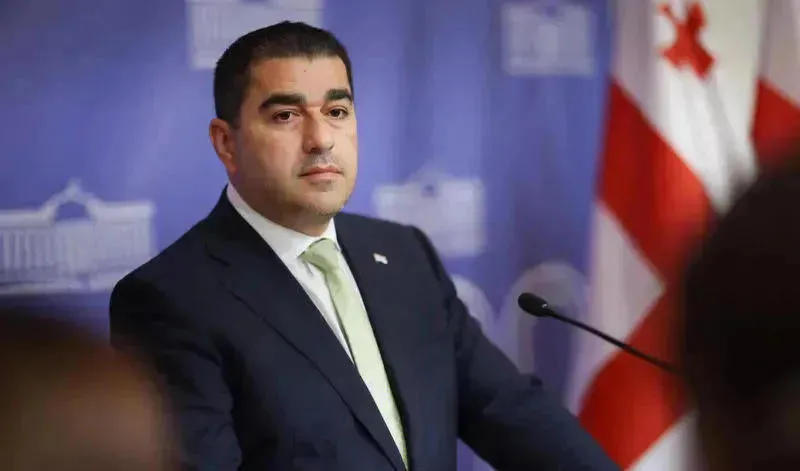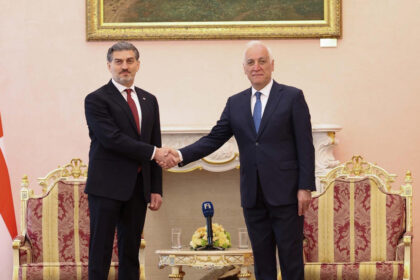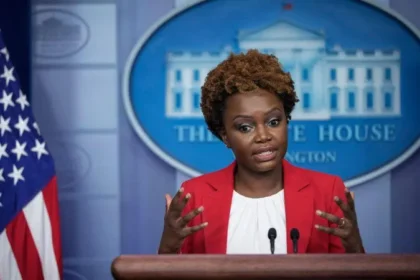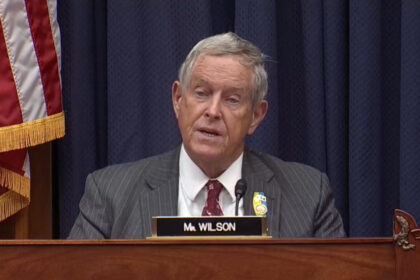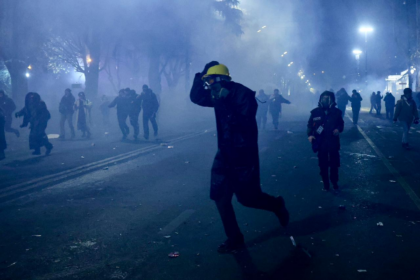According to the explanation of Georgia’s Parliament Speaker Shalva Papuashvili, at present, there is no need to ban such fictitious one-person political parties as: “Elene Khoshtaria – Droa” and “Girchi – More Freedom,” “Ki to Europe – Strategy Aghmashenebeli,” “European Georgia – Movement for Freedom,” “Federalist Party,” “Republican Party of Georgia.” However, Papuashvili said that the issue of their unconstitutionality may be placed on the agenda later if they gain substantial influence on the political process.
“Through our joint constitutional lawsuit, we are requesting the declaration as unconstitutional and banning of the following three political parties, which have formed a coalition-like unity and a single organism with common aspirations and continue to act as such today. These parties are (with their legal names as registered in the party registry): − Citizens’ Political Union ‘Unity – National Movement,’ − Citizens’ Political Union ‘Coalition for Change, Gvaramia, Melia, Girchi, Droa,’ − Citizens’ Political Union ‘Strong Georgia – Lelo, For the People, For Freedom.’
It should be noted that other political parties are closely associated with the aforementioned political parties, such as ‘Elene Khoshtaria – Droa’ and ‘Girchi – More Freedom,’ which are in fact part of the composition of the ‘Coalition for Change, Gvaramia, Melia, Girchi, Droa,’ but are formally registered as independent parties, as well as ‘Ki to Europe – Strategy Aghmashenebeli,’ ‘European Georgia – Movement for Freedom,’ ‘Federalist Party,’ ‘Republican Party of Georgia,’ and other fictitious, one-person, and small parties. However, since they currently do not have substantial influence due to their size and organizational structure, including a real prospect of overcoming the electoral threshold, the necessity of their banning does not arise at this stage. The issue of their unconstitutionality may be placed on the agenda later, if they gain substantial influence on the political process,” Papuashvili stated.
Shalva Papuashvili: “Droa,” “Girchi – More Freedom,” “Strategy Aghmashenebeli,” “European Georgia,” “Federalists” have no prospect of overcoming the barrier due to their size and structure – the necessity of banning them does not arise
